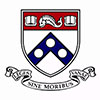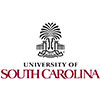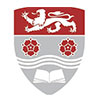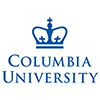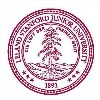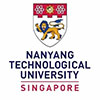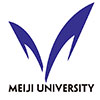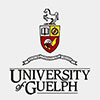英国华威大学博士后职位---质谱学
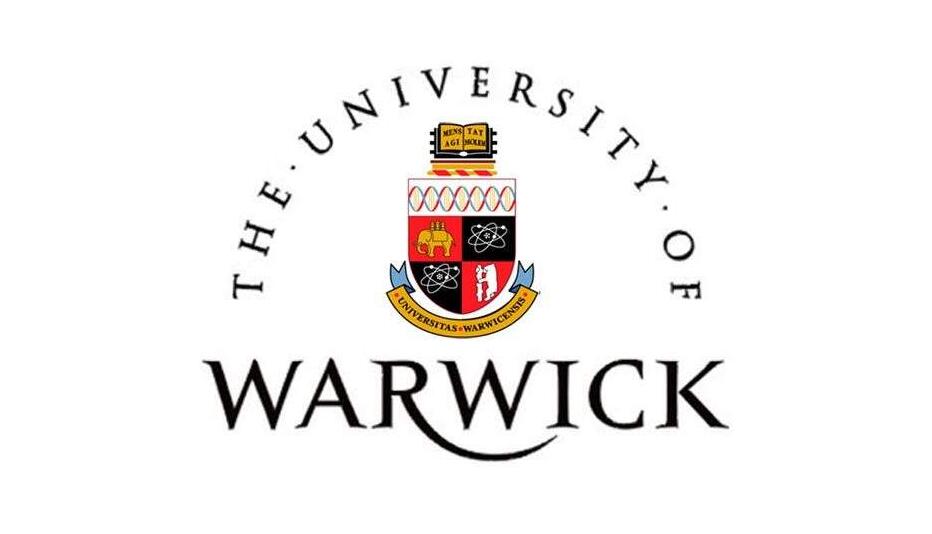
英国华威大学博士后职位---质谱学
Research Fellow (103290-0822) . Job Reference: 1887275
University of Warwick
Description
Fixed-term contract until 30 September 2023 with the possibility of an extension depending on availability of funding, 1.0 FTE.
The University of Warwick Ion Cyclotron Resonance (ICR) laboratory is seeking to appoint a talented and committed postdoctoral Research Fellow to work on an EPSRC Strategic Equipment: Hyperfine Resolution and Advanced Tandem Mass Spectrometry to Enable Next Generation Molecular Science. The Research Fellow will be based in our laboratory at Millburn House at the University of Warwick in Coventry and will work on the existing and new FTICR mass spectrometry instrumentation to deliver exciting results in the (broadly defined) areas of mass spectrometry and tandem mass spectrometry.
The successful candidate will work with the existing and newly purchased FTICR and ion mobility time-of-flight instrumentation, to deliver exciting results in a wide range of molecular characterisation projects including proteomics, lipidomics, and metabolomics, polymer analysis, small-molecule analysis, and whole ‘native' protein analysis (see ‘Further Particulars' section for detail). They will have specific and ongoing collaborative projects, be responsible for growing the number of funded collaborative scientific projects and directly funded sample analysis for this project and help to mentor and train other researchers. They will be expected to collaborate with students and other staff members to assist with various other research projects, and able to work and communicate across many scientific research disciplines.
The successful candidate will have (or expect to shortly obtain) a PhD or equivalent in Chemistry or a related field. Ideally, they will be an expert in FTICR mass spectrometry with a strong interest in growing chemical, biochemical, industrial, and environmental collaborative research projects. They will understand tandem mass spectrometry, chromatographic methods, desalting and sample clean-up methods, as well as techniques appropriate for sample introduction to the mass spectrometers.
Excellent interpersonal skills are an essential required to be able to develop effective working relationships with stakeholders at all levels, enabling efficient delivery of collaborative research outputs.
The ICR research group work is highly specialised and will provide training in its specific skills sets.
If you have not yet been awarded your PhD but are near submission or have recently submitted your PhD, any offers of employment will be made as Research Assistant on level 5 of the University grade structure (£31,411). Upon successful award of your PhD and evidence of this fact, you will be promoted to Research Fellow on the first point of the level 6 of the University grade structure (£32,348).
If you have any enquiries about the position, please contact Professor Peter O'Connor: p.oconnor@warwick.ac.uk
Interview Date: TBC.
Job Description
JOB PURPOSE
To perform collaborative applications science on a state-of-the-art FTICR mass spectrometer.
To assist the ICR group in growing the number and range of collaborative projects that can be supported, with a keen focus on using the instrument at the limit of its capabilities.
To present results at conferences and in manuscripts. To assist students and other group members in operating the FTICR mass spectrometers, and support with the analysis of data.
DUTIES & RESPONSIBILITIES
1. Assist in setting the 15T FTICR mass spectrometry instrument up as a Research Technology Platform (a cross-departmental facility) and experience in this post is greatly beneficial for the future Experimental Officer role for that platform.
2. Operation of FTICR mass spectrometers at the limit of expected performance and processing resulting data to gain structural information from proteins and peptides, small molecules, polymers, whole proteins, native protein complexes, etcetera.
3. Preparation and data processing of sample.
4. Assist group members in understanding the instruments and techniques, helping them to acquire data for their projects and analyse the data showing consistent, high-quality results.
5. Collaborate on a wide range of scientific projects.
6. Present results to the research group and at conferences in verbal, written and poster form.
7. Take an active part in project and group meetings and deliver on tasks.
8. Write reports and papers in a timely fashion and present results at national and international conferences.
9. To act with professionalism at all times and show respect to their colleagues and to understand and adhere to the University's value of dignity at work; they are also expected to work collegially and to support all the teams with which they have contact in achieving the University's objectives.
10. Any other duties commensurate with the grade and level of responsibility of this post, for which the post holder has the necessary experience and/or training.
Person Specification
The Person Specification focuses on the knowledge, skills, experience and qualifications required to undertake the role effectively. This is measured by (a) Application Form, (b) Test/Exercise, (c) Interview, (d) Presentation.
Essential Criteria 1
Applicants must have (or expect to shortly obtain) a PhD or equivalent in Chemistry or a related field. (a)
Essential Criteria 2
FTICR mass spectrometry experience. (a, c, d)
Essential Criteria 3
Tandem mass spectrometry experience – including manual interpretation of tandem mass spectra of peptides and proteins. (a, c, d)
Essential Criteria 4
Ability to operate an FTICR mass spectrometer; acquire, analyse to a high level, and present data. (a, c, d)
Essential Criteria 5
Excellent written and oral communications skills, including the ability to interpret, present and summarise complex information to a general scientific audience. (a, c, d)
Essential Criteria 6
Excellent interpersonal skills, including the ability to facilitate and negotiate, in order to build and develop effective collaborations at all levels. (c)
Essential Criteria 7
Good understanding of chromatographic methods and techniques appropriate for proteomics samples. (a, c, d)
Essential Criteria 8
Good understanding of sample desalting and clean-up methods for proteomics samples. (a, c, d)
Essential Criteria 9
General understanding of two-dimensional mass spectrometry. (a, c, d)
Essential Criteria 10
Capability and interest in study of a wide range of molecules and the development of new methods to study new types of samples. (a, c)
Essential Criteria 11
Ability to mentor younger students and undergraduates in the use of mass spectrometry. (a, c)
Essential Criteria 12
Awareness of general laboratory management skills such as safe working practices and basic HSE requirements. (a, c)
Essential Criteria 13
An ability to work collaboratively and effectively with academic and administrative colleagues, and with colleagues outside the University to promote collegiality. (a, c)
Desirable Criteria 1
Instrument development experience. (c)
Further Particulars
The lab currently has a 12T solariX FTICR mass spectrometer from Bruker, a homebuilt 12T FTICR mass spectrometer, and a Waters Synapt G2. The lab also has a wide range of smaller equipment including HPLC, nano-LC, a nanospray column packing setup, Advion nanomate, wetlab with Millipore water, nanospray tip puller, centrifuges, speedvacs balances, -80 freezer, etcetera. The workhorse 12T FTICR mass spectrometer is capable of ESI, nESI, APPI, APCI, MALDI, and MALDI imaging. It has quadrupole isolation and hexapole ion accumulation capability for selected ion accumulation, and it has CID, ECD, EID, EDD, ETD, IRMPD, and UVPD capabilities routinely available for tandem mass spectrometry. The lab is currently set up for 2-dimensional mass spectrometry, using most of these tandem mass spectrometry methods, and has in place the data analysis tools needed.
The new instruments are a 15T FTICR mass spectrometer and a TIMS-TOF-pro. The instruments have have a variety of ionisation sources, a nano-LC, MALDI Imaging, the tandem mass spectrometry methods mentioned above (on the FTICR), all relevant Bruker software, as well as a range of new capabilities in ionisation, electronics, and instrument control. Thus, instrument development expertise would be looked upon as a positive.
For further information about the University of Warwick, please read our University Further Particulars.
For further information about the department, please visit the departmental website.
A summary of the facilities available to Warwick Chemistry are given in https:// www2.warwick.ac.uk/fac/sci/chemistry/research/
We will consider applications for employment on a part-time or other flexible working basis, even where a position is advertised as full-time, unless there are operational or other objective reasons why it is not possible to do so.







